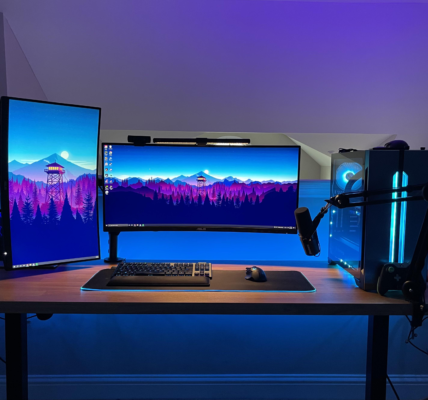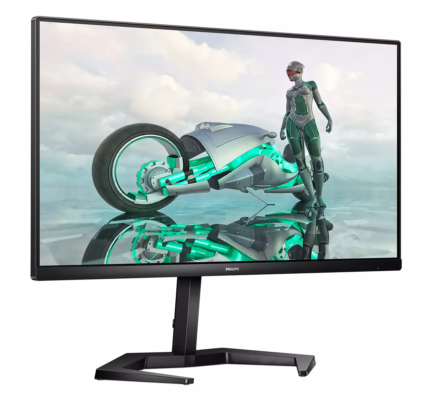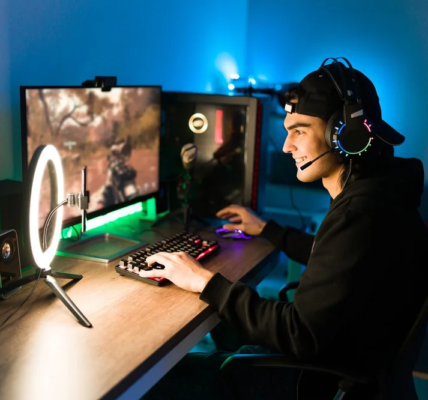In the world of online gaming, a stable and high-speed internet connection is essential for a smooth and enjoyable gaming experience. Whether you’re engaging in fast-paced multiplayer battles or exploring expansive open worlds, having the right internet speeds can significantly impact gameplay quality and responsiveness. This article delves into the ideal internet speeds required for various types of gaming and offers tips for optimizing your gaming setup.
Understanding Internet Speeds for Gaming:
Internet speed is measured in terms of download speed, upload speed, and ping (latency). Download speed refers to the rate at which data is transferred from the internet to your device, while upload speed indicates the rate at which data is sent from your device to the internet. Ping, or latency, measures the time it takes for data packets to travel from your device to the gaming server and back, influencing responsiveness and lag in online gaming.
Ideal Internet Speeds for Different Types of Gaming:
- Casual and Single-Player Games:
For casual gaming or single-player experiences that don’t require real-time interaction with other players or servers, a minimum download speed of 3-6 Mbps (megabits per second) is generally sufficient. However, higher speeds may be desirable for faster downloads, smoother streaming, and seamless updates. - Multiplayer and Online Games:
For multiplayer and online gaming, where real-time communication and interaction with other players and servers are crucial, higher internet speeds are recommended. A download speed of at least 25 Mbps is recommended for smooth gameplay, while upload speeds of around 3-6 Mbps are sufficient for sending data packets to the server. - Competitive and Esports Gaming:
In competitive gaming and esports scenarios, where split-second reactions and minimal latency are paramount, ultra-fast internet speeds are essential. Aim for download speeds of 50 Mbps or higher to minimize lag, reduce latency, and maintain a competitive edge against opponents. Additionally, prioritize low ping times (under 50 ms) for optimal responsiveness and precision in gameplay.
Tips for Optimizing Your Gaming Setup:
- Use a Wired Connection: Whenever possible, connect your gaming device directly to the router using an Ethernet cable rather than relying on Wi-Fi. Wired connections offer lower latency and greater stability, minimizing the risk of signal interference and dropouts during gameplay.
- Prioritize Gaming Traffic: Configure Quality of Service (QoS) settings on your router to prioritize gaming traffic over other data-intensive activities, such as streaming or downloading large files. This ensures that gaming packets receive priority treatment, reducing latency and ensuring a smoother gaming experience.
- Close Background Applications: Close unnecessary background applications and software running on your device to free up bandwidth and system resources for gaming. Background processes can consume bandwidth and CPU resources, leading to increased latency and performance issues during gameplay.

Conclusion
In conclusion, having the ideal internet speeds is crucial for an optimal gaming experience, particularly in multiplayer, competitive, and online gaming scenarios. By understanding the importance of download speeds, upload speeds, and latency, gamers can assess their internet connection and make necessary adjustments to optimize their gaming setup. With a stable and high-speed internet connection, gamers can enjoy smoother gameplay, reduced lag, and enhanced responsiveness, unlocking the full potential of their gaming experience.




